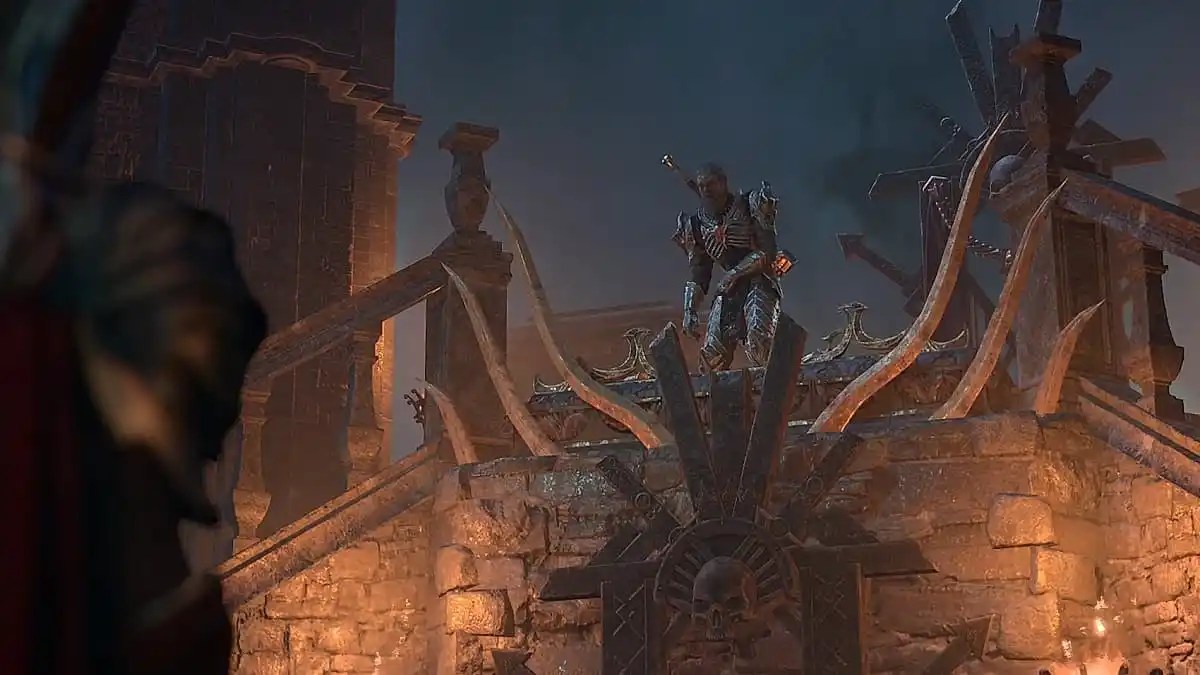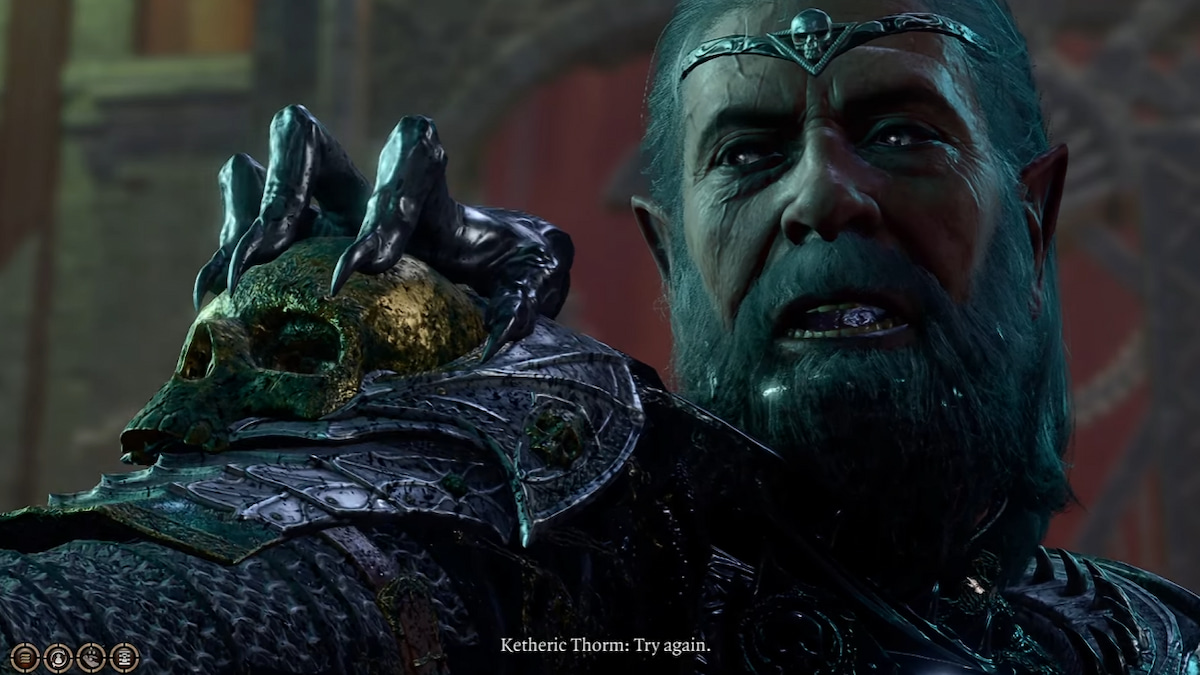I find villains to be the best part of any story and Baldur’s Gate 3 has a lot of great ones. That said, the representatives of the Dead Three with Ketheric, Orin, and Gortash take center stage. So why is Ketheric the most memorable one out of the Dead Three?
Why Ketheric Thorm is the Most Memorable Villain in Baldur’s Gate 3
Out of the representatives of the Dead Three specifically, Ketheric sticks out as the most memorable villain in Baldur’s Gate 3. Compared to Orin and Gortash, Ketheric has a drastically more developed backstory, foreshadowing, and narrative empathy from the player. We spend the better part of Act 1 and Act 2 hearing bits and pieces about him and his backstory until we finally get the full picture.

Ketheric is a shell of a man who followed Selune and, through his decaying fate, lost both his beloved wife and daughter. In his mourning and grief, he was exploited twice by god-like entities first with Shar and her army of Dark Templars and then Myrkul and his army of the Absolute.
Ketheric heeded both all in the frailest of hopes that he might be reunited with his wife Melodia and daughter Isobel. What’s worse, he got his wish, Isobel is alive, and she hates him. So much has gone wrong for this man who’s, despite his flaws and fairly irredeemable acts of violence, essentially doing everything for his family.
Let’s not go too far and say he has a right to mass genocide, but you can ultimately somewhat understand him and briefly empathize with him. You can even use Persuasion and diplomacy with him in his final moments to catch a glimpse of his former self before Dame Aylin arrives and starts the fight. This narrative depth is what separates him from the other two members of the Dead Three.
Ketheric Versus Orin and Gortash in Terms of Drama and Villainy in Baldur’s Gate 3

Don’t get me wrong, I think Orin and Gortash have their awesome moments. Orin’s shapeshifting encounters were a neat array of scenes to experience and the kidnapping was super dramatic. Even Gortash and his deal offering sparked a lot of decisions and narrative feedback. That said, they are ultimately villains for villainy’s sake, evil in an empty way without deeper motivations or any depth. This is absolutely fine, there’s nothing wrong with evil for evil’s sake, but it ultimately doesn’t bring a huge narrative impact when you defeat Orin and Gortash.
Defeating Ketheric brings a whole Arc to a close where you’re left wondering, could he have been saved, what will happen to his daughter, what will happen to the land? Ketheric’s fall potentially heals a dying land, sets his daughter and Dame Aylin free, and gives the player a repose and a chance to recuperate against the absolute. Moreover, it fills you with this sense that Ketheric’s story could have happened to anyone, and you’re left to wonder what you would have done in his stead.
Defeating Orin is ending a murderous spree of an incest-baby psycho and putting a stop to Gortash is setting Baldur’s Gate free of megalomania and political manipulation. Both are fun, both are meaningful, but both have no deeper narrative retrospection. Come on, Orin was never going to kill your kidnapped companion as long as you killed Gortash first, deep down you knew the developers wouldn’t do that and you could have done all the side quests in the world without tension.
Gortash did have an entertaining mission where you’re looking for his underwater prisoners but that’s about the only “depth” you’ll get from his narrative. Even Karlach was frustrated there wasn’t anything more than that.
And if anything, J.K. Simmons crushed it with that villain introduction in Moonrise Towers.
We hope you liked our article. Read more similar content in our BG3 hub.







Published: May 15, 2024 10:34 am